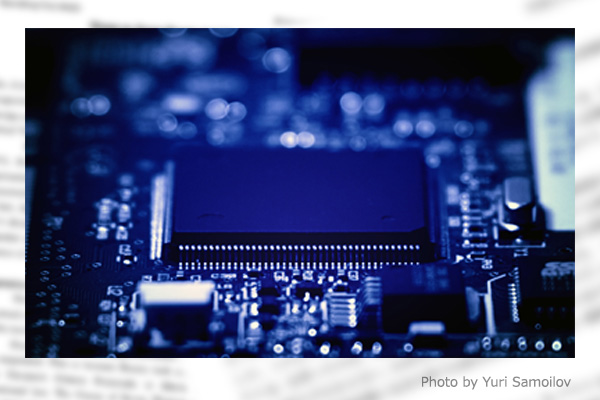South Korean President Yoon Suk Yeol’s shocking declaration of martial law and its failure have jolted Japan, too. While the South Korean National Assembly has failed to pass an impeachment resolution against Yoon, his rule is effectively coming to an end. If a presidential election is held early, Lee Jae Myung, leader of the opposition Democratic Party of Korea, is likely to win. This would bring about profound changes in South Korea’s foreign and security policy.
Japan-South Korea relations may be reversed
This is indicated by the draft impeachment resolution submitted by the opposition party. The resolution says:
“Yoon has neglected geopolitical balance, antagonizing North Korea, China, and Russia, adhering to a bizarre Japan-centered foreign policy, […] thereby causing isolation in Northeast Asia and triggering a crisis of war, abandoning his duty to protect national security and the people.”
The resolution severely criticized Yoon’s Japan policy, signaling that improvements in Japan-South Korea relations are likely to be reversed. The revival of the U.S. Trump administration, which has no interest in cooperation between Japan, the United States, and South Korea that the current Biden administration has been promoting, is also a headwind for Japan-South Korea relations.
South Korean opposition party is also critical of U.S. attempts to draw South Korea into a de-facto containment strategy towards China. Japan should anticipate a situation in which a government with such policies would emerge in South Korea.
South Korea may tilt in favor of China on semiconductor
While the impact on the South Korean national security is big, I would like here to focus on the aspect of economic security.
South Korea, in particular, is a key player in the semiconductor sector, a strategic industry that is the main battlefield of U.S.-China confrontation.
Under the Biden administration, the U.S. has promoted the Chip 4 alliance of Japan, the U.S., South Korea, and Taiwan in the field of semiconductors with China in mind. However, 40% of South Korea’s semiconductor exports are bound for China. Moreover, Samsung Electronics and SK Hynix each produce about 40% of their specialty memory chips at their Chinese plants. South Korea’s dependence on the Chinese market is already high. It is almost impossible for South Korea to get out of the Chinese market.
Against this backdrop, the Biden administration announced new restrictions on semiconductor exports to China on December 2, sending shockwaves through South Korean companies. The export restrictions are designed to prevent China from improving its artificial intelligence (AI) capabilities that affect U.S. national security. The restrictions target high-bandwidth memory (HBM) chips, that are indispensable for AI improvement, and cut off their supply to China.
SK Hynix and Samsung Electronics account for 90% of the global HBM market. The U.S. restrictions cover not only HBM chips made by U.S. companies but also those made by third countries using U.S. technology. Therefore, the South Korean companies will be required to get U.S. approval for their HBM exports to China. Washington has requested Seoul to join the restrictions on semiconductor exports to China.
If there is a change of government in South Korea in the future, the country may significantly change its standing on the semiconductor field between the U.S. and China and tilt in favor of China. As a part of improving relations with the Yoon government, Japan has reinstated South Korea as a country subject to preferential treatment regarding export controls. Depending on the handling of the next South Korean government, however, there is fear that things may become fluid again.
Masahiko Hosokawa is a professor at Meisei University and a former director-general of the Trade Control Department at Japan’s Ministry of Economy, Trade and Industry. He is also a Planning Committee member at the Japan Institute for National Fundamentals.


